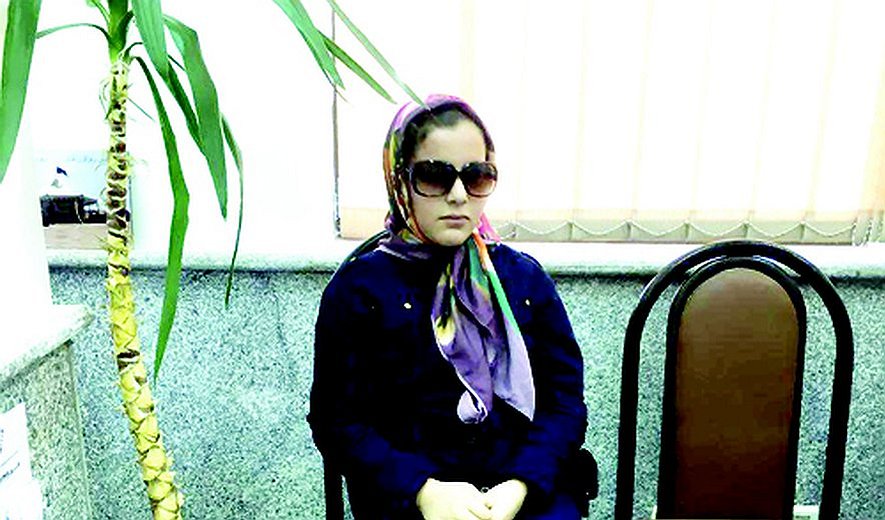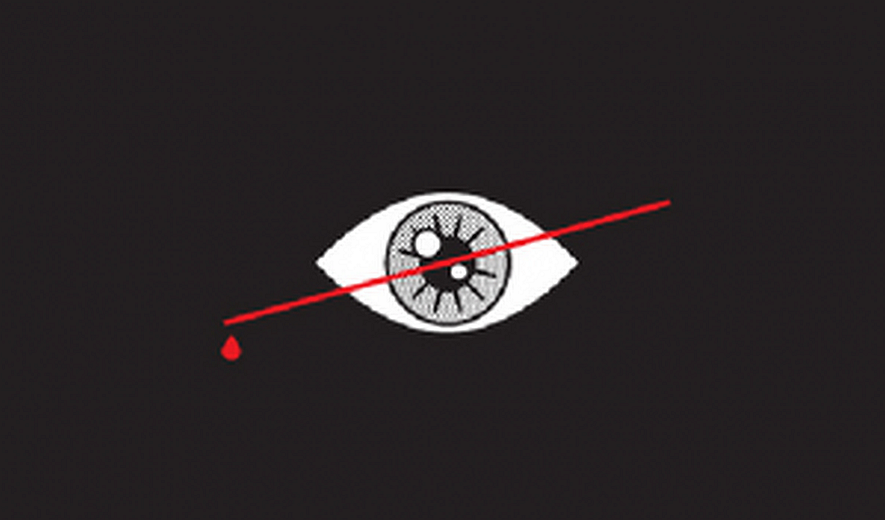Iran: responsibility of implementing blinding punishment placed on 11 year old girl

A young girl blinded at the age of four chooses to approve the implementation of her attacker's retribution sentence.
Iran Human Rights (NOV 24 2016): Fatemeh, an 11-year-old girl who was blinded at the age of four by her uncle, is once again a victim due the inhumane Iranian law of Qisas (retribution).
The blinding retribution sentence for a man who had blinded Fatemeh on July 8, 2009 was reportedly carried out two weeks ago in a prison in the Tehran area. In accordance with Iran's Islamic Penal Code, the age of maturity for females is 9 and for males is 15. As a result, the responsibility of the retribution sentence was placed on the shoulders of Fatemeh.
"I didn't know what to do, but when I was reminded of the moment that I was blinded with acid, I decided to implement the sentence, so I may send the message that the punishment of such a bitter action is retribution, and that nobody can get away after ruining someone else's life," said Fatemeh in an interview with Iranian state-run media.
At the age of four, Fatemeh was a victim of violence and brutality against children. With the implementation of the retribution sentence, Fatemeh is a victim again. She will have to live knowing that she is responsible for the blinding of a human being.
The retribution sentence requires the victim or the family of the victim to decide whether to forgive or approve the implementation of the sentence. When the victim or their family chooses to forgive, the offender is typically released shortly after, and justice is not served. If the victim or family approve the implementation of the sentence, they could experience mental health problems and thus become victims again.
"The retribution law, or Qisas, promotes violence and places the responsibility of the death penalty or other inhumane punishments, such as blinding, on ordinary citizens, including children. It is time that this inhumane law is abolished, and we call on the international community to help make this possible," says Mahmood Amiry-Moghaddam, spokesperson for Iran Human Rights.


